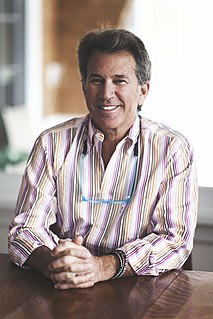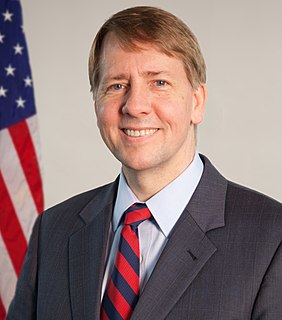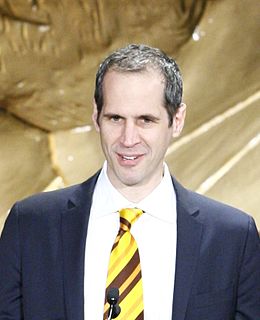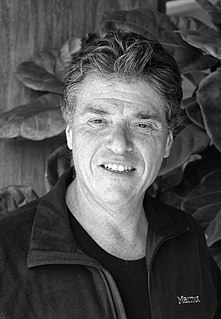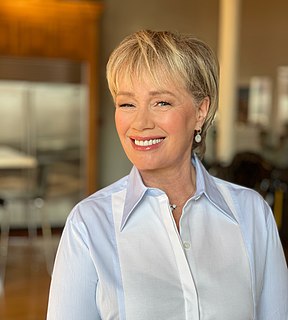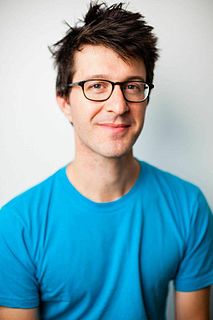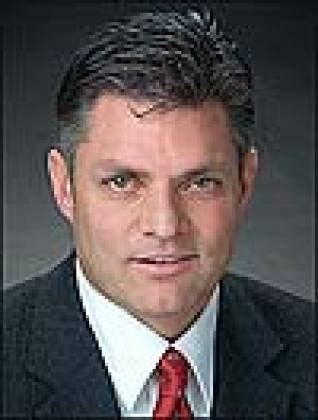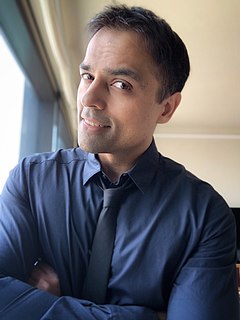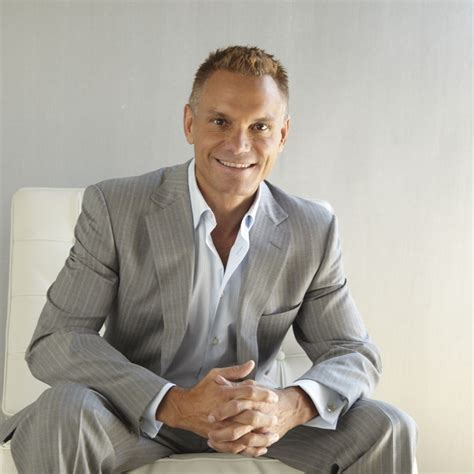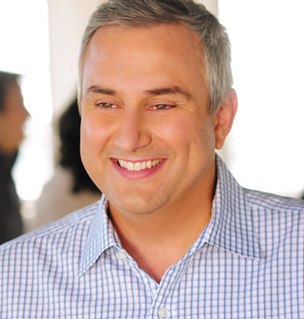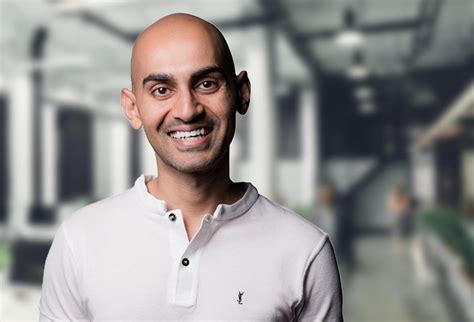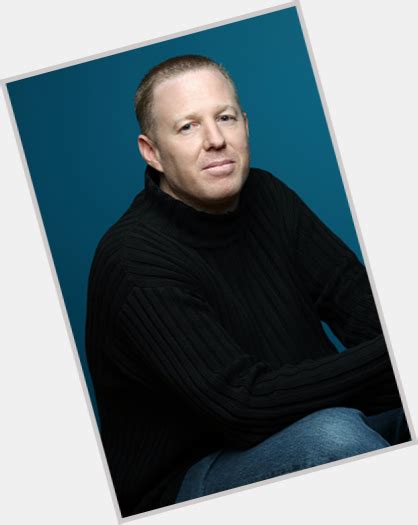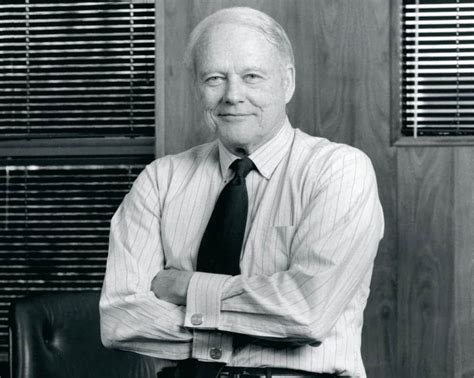A Quote by Jeffrey Hollender
The vision behind our idea is a world where people don't carry hazardous chemicals in their bodies, the environment is free of toxic pollutants, and the economy diligently conserves its natural resources for consumers and future generations. We want to make it easier for consumers to create this world through their purchasing decisions and everyday activities.
Related Quotes
The public sector can only feed off the private sector; it necessarily lives parasitically upon the private economy. But this means that the productive resources of society - far from satisfying the wants of consumers - are now directed, by compulsion, away from these wants and needs. The consumers are deliberately thwarted, and the resources of the economy diverted from them to those activities desire by the parasitic bureaucracy and politicians.
I believe that to meet the challenge of our times, human beings will have to develop a greater sense of universal responsibility. We must all learn to work not just for our own self, family, or nation but for the benefit of all humankind. Universal responsibility is the key to human survival. It is the best foundation for world peace, the equitable use of natural resources, and through concern for future generations, the proper care of the environment.
The capitalistic social order, therefore, is an economic democracy in the strictest sense of the word. In the last analysis, all decisions are dependent on the will of the people as consumers. Thus, whenever there is a conflict between the consumers' views and those of the business managers, market pressures assure that the views of the consumers win out eventually.
If old consumers were assumed to be passive, then new consumers are active. If old consumers were predictable and stayed where you told them, then new consumers are migratory, showing a declining loyalty to networks or media. If old consumers were isolated individuals, then new consumers are more socially connected. If the work of media consumers was once silent and invisible, then new consumers are now noisy and public.
Sustainability is an economic state where the demands placed upon the environment by people and commerce can be met without reducing the capacity of the environment to provide for future generations. It can also be expressed in the simple terms of an economic golden rule for the restorative economy: Leave the world better than you found it, take no more than you need, try not to harm life or the environment, make amends if you do.
Bill sees and understands the possibilities of a connected world and has the expertise and the experience to help make it a reality, ... As more and more consumers want to take their connectivity with them beyond the desktop, Bill's vision will be critical in charting the company's future course and delivering on the promise of AOL Anywhere.
?I believe that it is very difficult in the world of today to continue with G-8 only without taking in account the importance of Brazil, China, India, many in the world economy, because these countries are great consumers, large consumers, and we're also becoming great producers, and also because we were better prepared than the rich countries for the nowadays global crisis.
